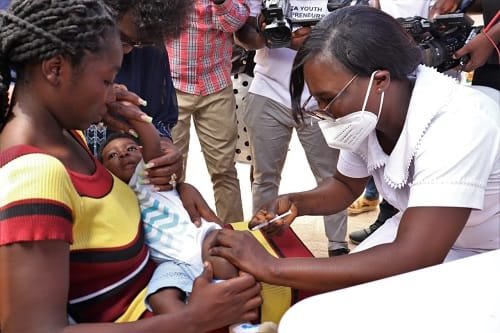By Gom Mirian
Global growth would slow from 3.1 per cent in 2022 to 2.1 per cent in 2023, the World Bank has said.
World Bank’s Deputy Chief Economist, Ayhan Kose, made this known on Saturday in a publication made available on the Bank’s website.
Kose said the global economy has witnessed a sharp and synchronised slowdown as 70 per cent of economies in the world would see weaker growth this year than what they delivered last year.
“When you look at headline numbers, there is of course a sharp slowdown, global economy the global economy will decline from 3% last year to around 2%. In the case of advanced economies, the slowdown is even deeper,” he said, adding that ”almost all of them will end up seeing weaker growth this year. When you look at emerging markets there will not be economies other than China’s peak contribution. These economies will also see slow growth from around 4% to 3%. So, all in all, a difficult year ahead of us.”
Speaking on what drives the slowdown, Kose disclosed that there are multiple reasons driving the slowdown which include a tight monetary policy that has been in place over the past 18 months, Inflation, and recent banking stress that led to quite a bit of damage in terms of confidence.
He added that global trade is slowing very sharply relative to what was witnessed in 2022, adding that the Russian invasion of Ukraine did not help.
”There is an overall confidence problem and uncertain prospects, dampening investment as well,” he stated, noting that “30% of these economies are not going to get back to the per capita income levels they had in 2019 by the end of 2024. So, four years after the pandemic. We still have a per capita income that will recur lower income than what we had prior to the pandemic.
”We want these economies to grow faster. So, their income levels get closer to the income levels of advanced economies. But that is not happening at the pace we want. in low-income countries. We have even more situations. Income levels are around two to 3% of basically advanced economy income levels, how we are going to increase income of course we need to have more growth,” he added.


